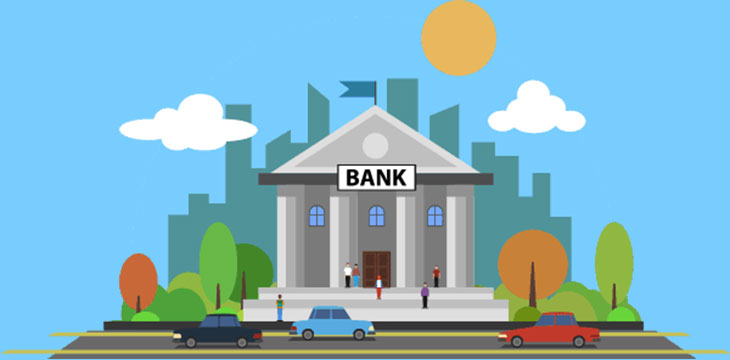|
Getting your Trinity Audio player ready...
|
First, Visa and MasterCard settled a class-action lawsuit over price fixing that reportedly cost the credit card giants as much as $6.2 billion. Now, reports are surfacing that major banks could be fined as much as $400 billion by 2020 for malpractice. So much for crypto being the bad guy, as traditional finance pundits would have everyone believe.
Quinlan and Associates indicates that research into U.S. and European banks could potentially face the huge fines by regulators. The majority of the penalties are a direct result of the financial crash from 2008. The $400 billion does not include fines from other areas, such as unfair billing practices or money laundering.
Last Monday, JP Morgan Chase was fined by the Commodity Futures Trading Commission (CFTC) $65 million after it was found guilty of not doing enough its part to protect the U.S. Dollar International Swaps and Derivatives Association Fix (USD ISDAFIX) from 2007 to 2012. ISDA was established in 1998 and ISDAFIX is a reference rate value for fixed interest swap rates, correlated to dollars, pounds, Swiss Francs and Euros.
The CFTC said that JP Morgan published false interest rates just prior to the daily reference was captured between the five-year period. In submitting false data, the firm saw its derivatives positions benefit at the expense of other interest rate products that used the same common interest rate value.
BNP Paribas also received a hefty fine from the CFTC. The bank was ordered to pay $90 million after investigators determined that traders in the bank’s investment wing were actively bidding and executing trades at the moment the ISDAFIX was being released. This enabled them to influence the index, which impacted foreign exchange benchmark rates. The CFTC also fined the Royal Bank of Scotland $85 million for illegal practices similar to those of JP Morgan and BNP.
Some may recall that another bank, Well Fargo, has had its share of financial difficulties and missteps every year for the past couple of years. Most recently, the Office of the Comptroller of the Currency and the Consumer Financial Protection Bureau hit the bank with fines of $500 million each after they determined that the bank had set unfair mortgage interest rates and forced customers to sign up for unnecessary car insurance.
Traditional financial giants may try to argue against crypto until they turn blue, but the truth is that crypto offers better protection and more transparency—and more confidence—than do the banks.

 02-20-2026
02-20-2026 




